Tooth Extraction During Pregnancy: Risks, Precautions and What to Expect
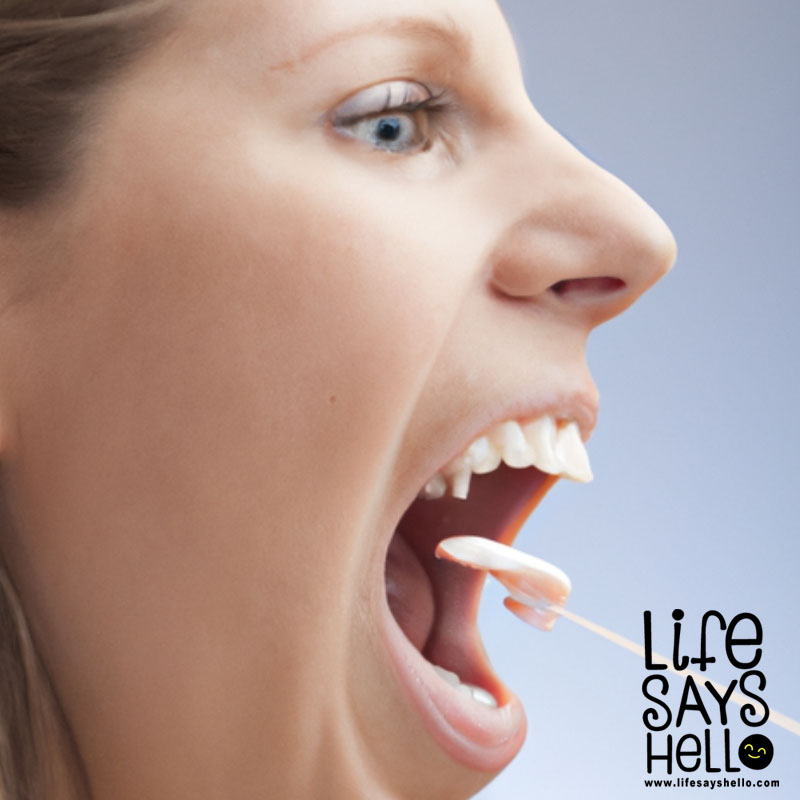
Pregnancy is a time when you need to be extra careful about your health. As a result, dental care during pregnancy is vital, and requires a little bit of extra attention. Sometimes, problems such as tooth decay, cavities, or gum disease may arise, and tooth extraction may become necessary.
In this article, we’ll be exploring what tooth extraction involves during pregnancy. We’ll also examine the risks and precautions that accompany the procedure. So, if you’re pregnant and are considering tooth extraction, read ahead for all the information you need.
What is Tooth Extraction?
Tooth extraction is the removal of a tooth from its socket in the bone. It is often performed by a dentist or oral surgeon and can be the result of tooth decay, gum disease, a crowded mouth, or in some cases, injury or trauma. The procedure is usually performed under local or general anaesthesia.
Tooth Extraction Risks During Pregnancy
There are several risks associated with tooth extraction during pregnancy. This is due to the physiological changes that occur during pregnancy. Some of the risks associated with tooth extraction during pregnancy include:
1. Infection
Infection can be a significant risk when it comes to tooth extraction during pregnancy. The risk of infection is greater in pregnant women, as they tend to have a weakened immune system. This means that they’re more susceptible to infections and other types of illness.
2. Bleeding
Bleeding is another risk associated with tooth extraction during pregnancy. Pregnant women are more prone to bleeding because their blood clotting mechanisms have been altered to accommodate the growing fetus.
3. Premature Labor
Another significant risk of tooth extraction during pregnancy is premature labor. This is a rare occurrence but can be life-threatening for both the mother and the baby. The process of tooth extraction can lead to the release of prostaglandins, which can cause uterine contractions and lead to premature labor.
4. Fetal Exposure to Anesthesia
If you require general anesthesia for tooth extraction, there is a small risk that the anesthesia could put your unborn baby at risk. However, many studies have shown that dental anesthesia is safe, and the risk of any complication is minimal.
Precautions to Take when getting Tooth Extraction During Pregnancy
If you decide to get a tooth extraction during pregnancy, there are several precautions you should take. These precautions include:
1. Delaying non-urgent dental work until after pregnancy
Pregnant women should avoid unnecessary dental work. If the dental work can wait until after delivery, it should be postponed.
2. Timing of the procedure
The best time to undergo an extraction is during the second trimester. This is when the risk of fetal harm is at its lowest.
3. Use of Anesthesia
If you need an extraction, your dentist may recommend that you undergo a local anesthetic rather than general anesthesia. Local anesthesia is safer for pregnant women and their fetuses.
4. Antibiotics
Your dentist may prescribe antibiotics before or after the procedure to reduce the risk of infection. Antibiotics that are safe for pregnant women and their fetuses include penicillin, amoxicillin, and clindamycin.
Other Precautions to Consider
Aside from the precautions mentioned above, there are other things you can do to ensure a successful tooth extraction during pregnancy. Some of these precautions include:
1. Choosing the right dentist
It’s important to choose a dentist who has experience working with pregnant women. A good dentist will be aware of the precautions that need to be taken during dental procedures when a patient is pregnant.
2. Paying attention to your body
It’s important to pay attention to your body during and after the procedure. If you experience any unusual symptoms, such as excessive bleeding, fever, or pain, it’s important to report it to your dentist or healthcare provider.
3. Minding your diet
During the recovery period, it’s important to eat soft foods and avoid hot, spicy, or acidic foods. This is because these types of foods can irritate the area where the tooth was extracted.
Conclusion
Tooth extraction during pregnancy is a procedure that should be taken with caution due to the risks involved. However, with the right precautions and proper care, the procedure can be performed safely. If you’re unsure about getting your tooth extracted while pregnant, it’s important to speak to your dentist or healthcare provider before making any decisions.
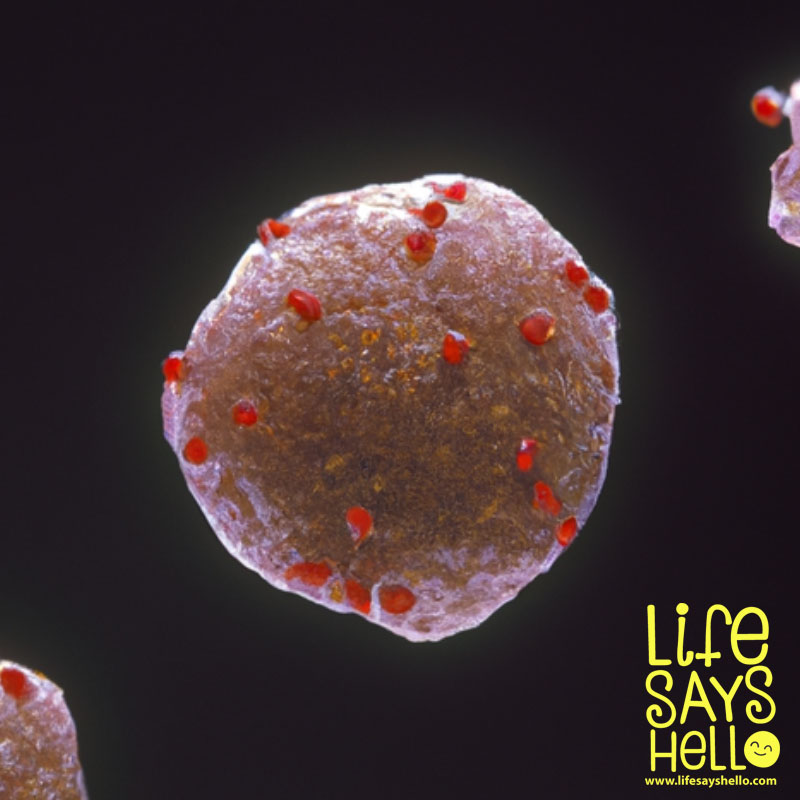
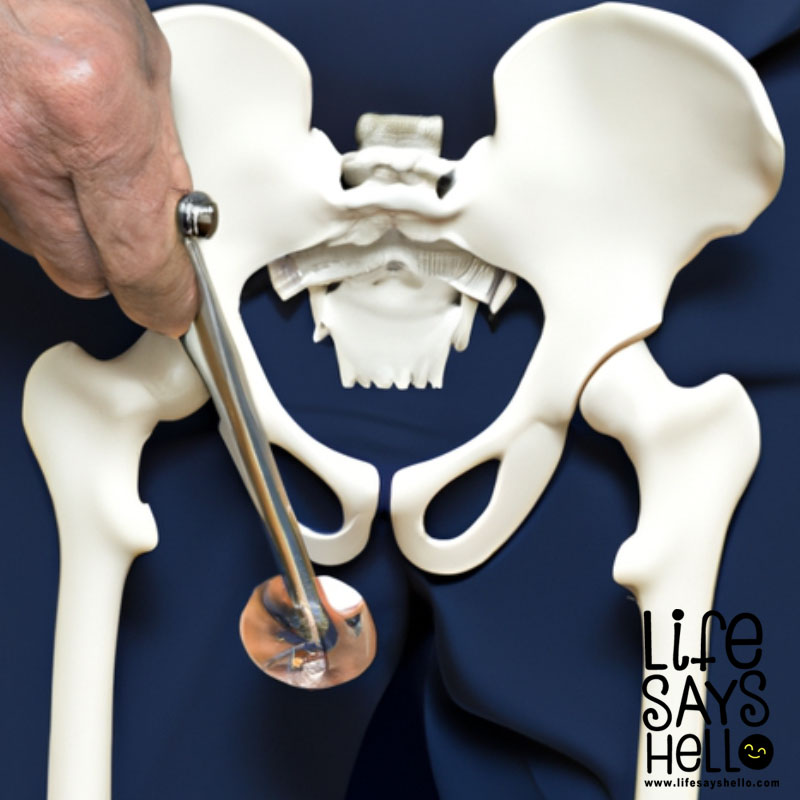
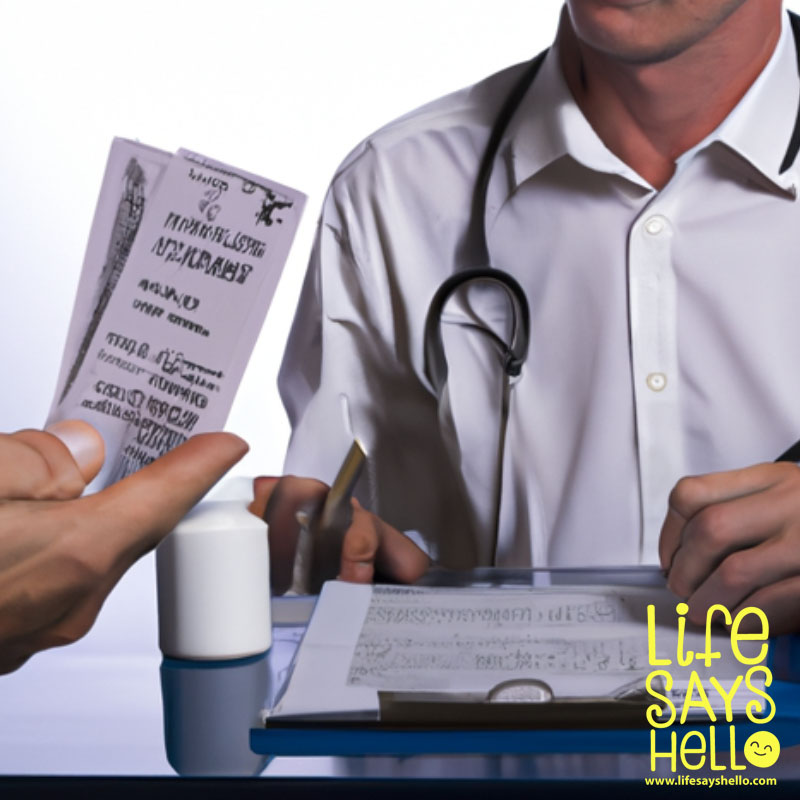
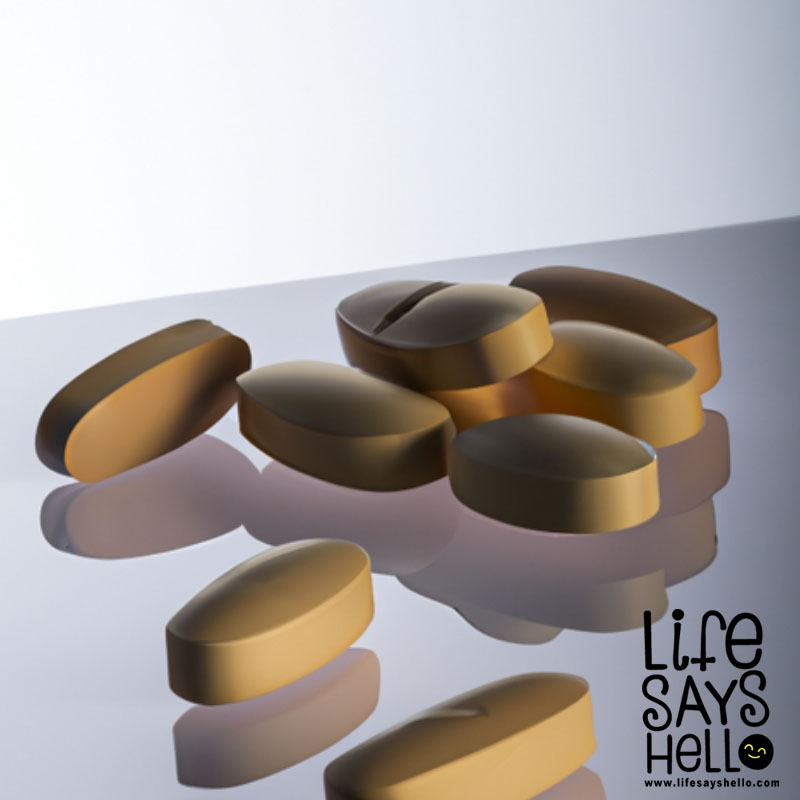
Comments